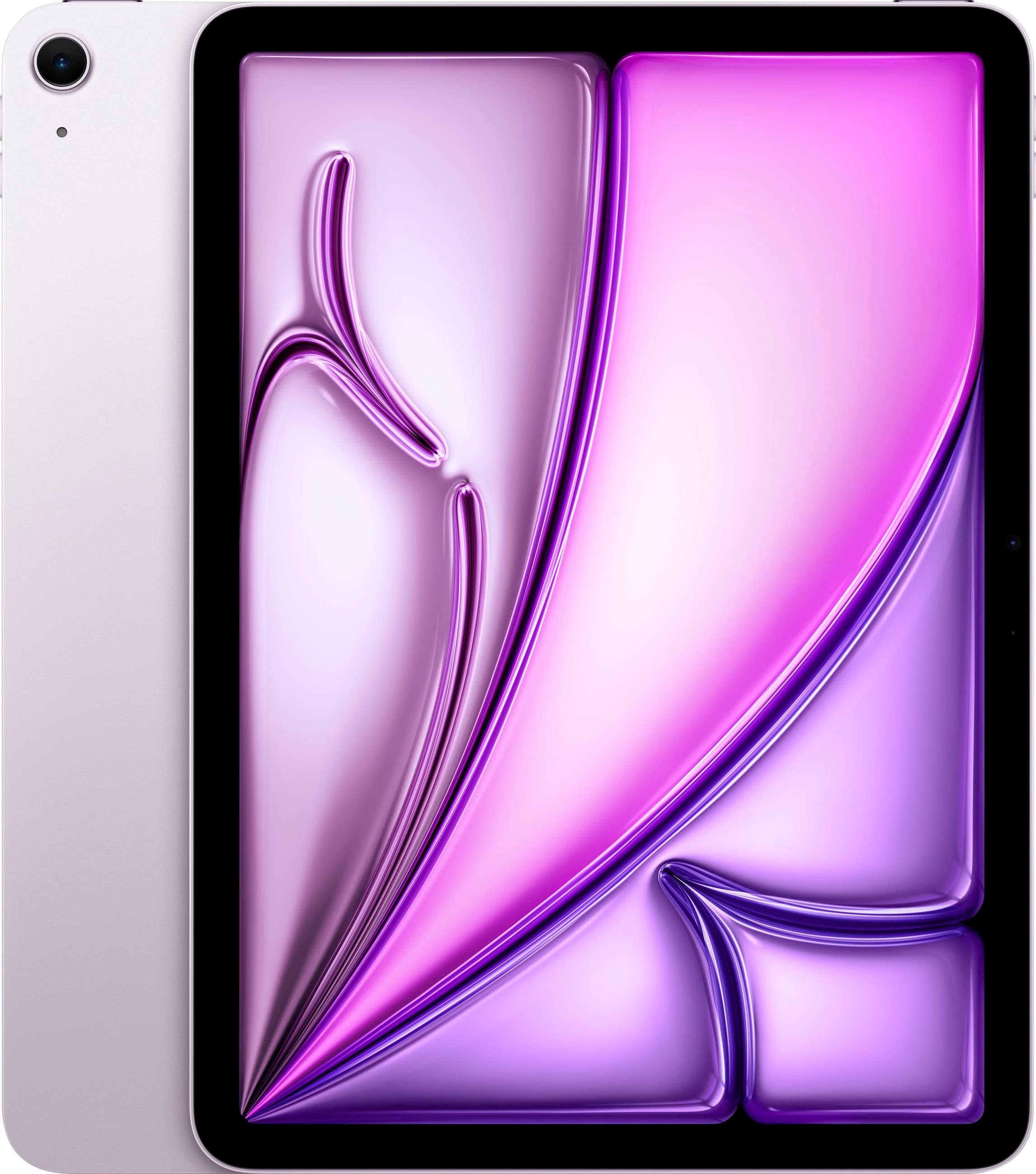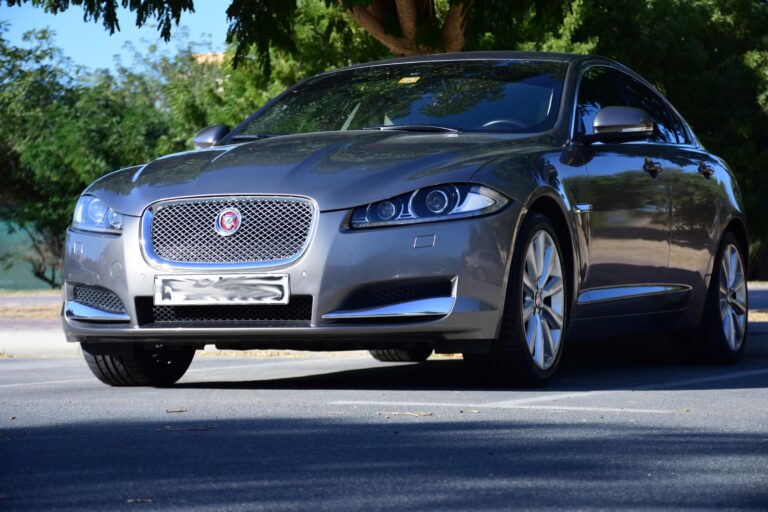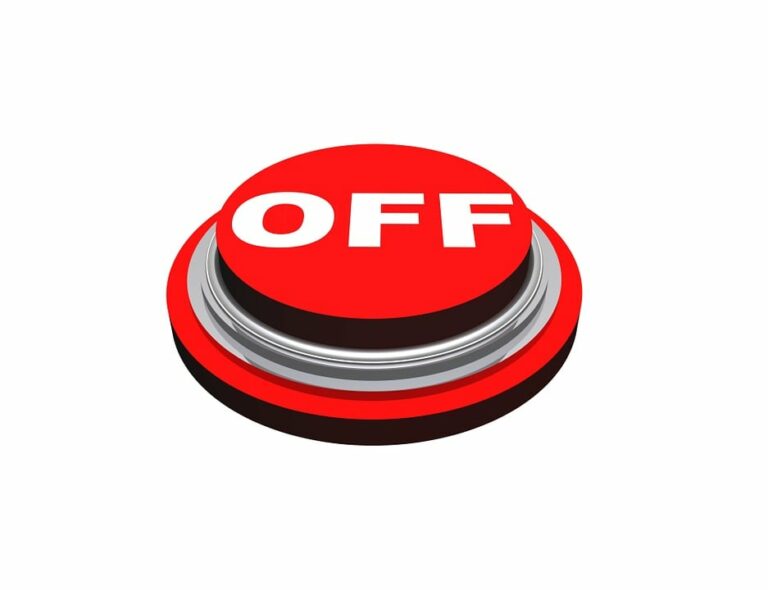Best Car Rim Brands: A Comprehensive Guide to Elevating Your Ride
Best Car Rim Brands: A Comprehensive Guide to Elevating Your Ride cars.truckstrend.com
The wheels of a vehicle are far more than just functional components; they are a profound statement of style, an enhancement of performance, and a critical element of safety. While tires provide the grip, it’s the rims – the structural metal component that the tire mounts onto – that truly define a car’s stance, character, and even its driving dynamics. Choosing the "best" car rim brand isn’t a one-size-fits-all decision; it’s a nuanced journey influenced by your vehicle type, driving habits, aesthetic preferences, and budget.
This comprehensive guide will delve deep into the world of car rims, exploring why they matter, the different types available, crucial considerations for selection, and spotlighting some of the most reputable and sought-after brands in the industry. Whether you’re a performance enthusiast, a show car aficionado, or simply looking to refresh your daily driver’s appearance, understanding the best car rim brands will empower you to make an informed decision that truly elevates your ride.
Best Car Rim Brands: A Comprehensive Guide to Elevating Your Ride
Why Upgrade Your Car Rims? More Than Just Aesthetics
Upgrading your car rims offers a multitude of benefits that extend far beyond mere visual appeal:
- Enhanced Aesthetics: Rims are arguably the most impactful visual modification you can make to a vehicle. A fresh set of wheels can dramatically alter a car’s personality, transforming it from mundane to magnificent, sporty to luxurious.
- Improved Performance: Lighter rims, especially those made from advanced alloys or forged processes, reduce "unsprung weight" – the weight not supported by the car’s suspension. This leads to better handling, quicker acceleration, more efficient braking, and a smoother ride as the suspension can react more quickly to road imperfections.
- Durability and Strength: Aftermarket rims, particularly those from reputable brands, often utilize superior materials and manufacturing processes, offering greater strength and resistance to bends, cracks, and corrosion compared to stock wheels. This is particularly beneficial for performance driving or navigating rough roads.
- Customization and Personalization: The vast array of designs, finishes, and sizes available allows for unparalleled personalization, enabling you to truly make your vehicle unique and reflect your individual style.
- Better Brake Clearance: Larger or specifically designed aftermarket rims can accommodate bigger brake calipers and rotors, which is a common upgrade for performance vehicles.
- Potential Resale Value: While not always guaranteed, a well-chosen set of quality aftermarket rims can sometimes add to a vehicle’s perceived value and appeal to potential buyers.

Understanding Car Rim Types and Manufacturing Processes

Before diving into specific brands, it’s essential to understand the fundamental types of rims and how they are made, as these factors significantly influence performance, durability, and cost.
Primary Rim Materials:
- Alloy Rims: The most common aftermarket choice, made from an alloy of aluminum and other metals. They are lighter than steel, offer excellent heat dissipation (good for brakes), and can be cast into intricate designs.
- Steel Rims: Heavier and less aesthetically versatile, steel rims are highly durable, inexpensive, and often used as OEM wheels on base models or for winter setups due to their resistance to road salt and impacts.
- Chrome Rims: Typically steel or alloy rims with a chrome plating. They offer a highly reflective, shiny finish but can be prone to peeling, pitting, and require meticulous maintenance.
- Carbon Fiber Rims: The cutting edge of wheel technology, offering extreme lightness and strength. However, they are incredibly expensive and typically reserved for high-performance or exotic vehicles.

Manufacturing Processes (Mainly for Alloy Rims):
- Cast Wheels: This is the most common and cost-effective method. Molten aluminum is poured into a mold. While versatile in design, casting can result in a less dense material with potential air pockets, making them heavier and slightly less strong than forged wheels.
- Flow-Formed (or Rotary Forged/Spun-Forged) Wheels: A hybrid process. A cast wheel is mounted on a spinning machine, and heat and pressure are applied to the barrel, stretching and compressing the aluminum. This results in a denser, stronger, and lighter barrel than a pure cast wheel, offering a great balance of performance and cost.
- Forged Wheels: The pinnacle of wheel manufacturing. A solid block of aluminum is heated and subjected to extreme pressure, compressing the material into the desired shape. This process eliminates porosity and aligns the grain structure, resulting in an incredibly strong, dense, and lightweight wheel. Forged wheels are the most expensive but offer superior performance and durability.
- Multi-Piece Wheels (2-piece or 3-piece): These wheels are constructed from multiple components (e.g., a forged center with a cast or spun-forged barrel) bolted together. This allows for extreme customization in terms of size, offset, and finish, and individual components can be replaced if damaged. They are generally heavier and more expensive than single-piece forged wheels but offer unique aesthetics.
Key Considerations When Choosing Car Rims
Selecting the perfect set of rims requires careful thought beyond just looks. Here’s what you need to consider:
- Fitment is Paramount: This is non-negotiable. Incorrect fitment can lead to rubbing, poor handling, and even safety hazards.
- Bolt Pattern (PCD): The number of lug holes and the diameter of the circle they form (e.g., 5×114.3mm). Must match your vehicle.
- Diameter: The rim’s size (e.g., 18-inch, 20-inch). Consider tire availability, ride comfort, and potential rubbing issues.
- Width: How wide the rim is. Must be compatible with your chosen tire width.
- Offset: The distance from the wheel’s mounting surface to the wheel’s centerline. Positive, negative, or zero offset affects how far the wheel sticks out or tucks in. Crucial for clearance and stance.
- Center Bore: The hole in the center of the wheel that fits over the car’s hub. Must match or be larger (requiring hub-centric rings).
- Driving Style & Purpose:
- Daily Driver: Durability, ride comfort, and aesthetics might be priorities. Flow-formed or strong cast wheels are good options.
- Performance/Track: Lightweight forged wheels are ideal for unsprung weight reduction and strength.
- Off-Road: Extremely durable, often steel or specific forged alloy wheels designed to withstand harsh impacts. Beadlock wheels are an option for extreme off-roading.
- Show Car: Aesthetics, unique designs, and custom finishes take precedence. Multi-piece wheels are popular here.
- Material and Manufacturing Process: As discussed above, these affect weight, strength, and price. Forged offers the best performance, flow-formed offers a great balance, and cast is the most budget-friendly.
- Budget: Rim prices vary wildly. Be realistic about what you can afford, but remember that investing in quality often pays off in durability and performance.
- Aesthetics and Finish: Beyond the spoke design, consider the finish (gloss black, matte bronze, polished, brushed, chrome, custom colors). Ensure it complements your car’s paint and overall theme.
- Weight: Lighter wheels generally improve performance. Check the weight specifications of potential rims and compare them to your stock wheels.
- Brand Reputation and Warranty: Stick to reputable brands known for quality control and customer support. A good warranty offers peace of mind.
Best Car Rim Brands: A Deep Dive
Here’s a look at some of the most acclaimed and trusted car rim brands, each with its unique strengths and market focus:
1. BBS
- Origin: Schiltach, Germany
- Specialty: Renowned globally for high-performance, lightweight wheels with a strong motorsport heritage. BBS wheels are synonymous with quality, engineering precision, and iconic designs.
- Key Features: Utilizes advanced manufacturing processes like Flow Forming (their patented "Flow Formed Technology") and multi-stage forging to produce incredibly strong and light wheels. Their designs are often classic mesh or multi-spoke patterns, instantly recognizable.
- Target Audience: Performance enthusiasts, luxury vehicle owners, and motorsport teams seeking uncompromising quality and proven track performance.
- Typical Price Range (Per Rim): $500 – $3,000+
2. Rays Engineering (Volk Racing)
- Origin: Osaka, Japan
- Specialty: A titan in the JDM (Japanese Domestic Market) and global motorsport scene, famous for their ultra-lightweight, high-strength forged wheels under the "Volk Racing" brand.
- Key Features: Pioneers in forged wheel technology, known for their meticulous engineering and pursuit of minimal weight without sacrificing strength. Iconic designs like the TE37 are legendary in the automotive world.
- Target Audience: Performance car owners, track day enthusiasts, and those who prioritize ultimate weight reduction and strength for spirited driving.
- Typical Price Range (Per Rim): $600 – $2,500+
3. Enkei
- Origin: Japan
- Specialty: Offers a vast range of wheels from high-performance racing to stylish street wheels, known for providing excellent quality and performance at a more accessible price point.
- Key Features: Developed the "MAT (Most Advanced Technology) Process," a hybrid forging-casting process that produces lightweight and strong wheels akin to flow-formed. Enkei is an OEM supplier to major car manufacturers, testament to their quality.
- Target Audience: Enthusiasts seeking a balance of performance, durability, and value; popular for both daily drivers and entry-level track cars.
- Typical Price Range (Per Rim): $150 – $600
4. OZ Racing
- Origin: San Martino di Lupari, Italy
- Specialty: Deeply rooted in motorsport, OZ Racing has supplied wheels to F1, Rally, and other racing series for decades. They translate this racing pedigree into high-quality, stylish aftermarket wheels.
- Key Features: Known for their distinctive Italian design, excellent finishes, and a wide range of applications from compact sports cars to luxury sedans. They utilize various technologies including casting, flow forming, and forging.
- Target Audience: Drivers who appreciate European styling, motorsport heritage, and a strong balance of performance and aesthetics.
- Typical Price Range (Per Rim): $200 – $1,500
5. Vossen Wheels
- Origin: Miami, Florida, USA
- Specialty: Synonymous with luxury, style, and aggressive fitments. Vossen focuses heavily on aesthetic appeal, offering a wide array of sophisticated designs, often with larger diameters.
- Key Features: Primarily known for their visually striking designs and bespoke forged wheel programs. They emphasize craftsmanship, custom finishes, and fitments that push the boundaries of vehicle aesthetics.
- Target Audience: Owners of luxury sedans, sports cars, and SUVs looking for premium, custom-look wheels that make a bold visual statement.
- Typical Price Range (Per Rim): $700 – $5,000+
6. Method Race Wheels
- Origin: Temecula, California, USA
- Specialty: A leader in the off-road wheel segment, Method Race Wheels are engineered for extreme durability, strength, and performance in rugged terrains.
- Key Features: Known for their robust construction, aggressive styling, and a focus on functionality for trucks, SUVs, and off-road vehicles. They offer true beadlock wheels for serious off-roading, as well as street-legal versions with the same rugged aesthetic.
- Target Audience: Off-road enthusiasts, truck/SUV owners, and anyone looking for wheels that can withstand demanding conditions while providing a distinctive, aggressive look.
- Typical Price Range (Per Rim): $200 – $700
7. Work Wheels
- Origin: Osaka, Japan
- Specialty: Highly regarded for their extensive customization options, particularly in multi-piece wheel construction, allowing for unique finishes and precise fitments.
- Key Features: Offer a vast catalog including cast, flow-formed, and multi-piece forged wheels. Their multi-piece designs allow for interchangeable lips and barrels, making them a favorite for show cars and enthusiasts seeking a truly custom look.
- Target Audience: JDM enthusiasts, car modifiers, and those who desire highly customizable wheels with a premium finish and wide array of designs.
- Typical Price Range (Per Rim): $500 – $4,000+
Installation & Maintenance Tips
- Professional Installation: Always have your new rims and tires installed by a reputable shop. They have the correct equipment for mounting, balancing, and proper torqueing of lug nuts, preventing damage to the wheels or your vehicle.
- Torque Specifications: Ensure lug nuts are torqued to your vehicle manufacturer’s specifications. Overtightening can warp rotors or strip studs; undertightening can cause wheels to come loose.
- Regular Cleaning: Clean your rims regularly with pH-neutral wheel cleaner to prevent brake dust and road grime from etching into the finish. For chrome or polished wheels, use specific cleaners and polishes.
- Avoid Curb Rash: Be mindful when parking and navigating tight spaces. Curb rash is unsightly and can be costly to repair.
- Tire Pressure Monitoring: Maintain correct tire pressure, as this impacts both tire wear and wheel integrity.
- Winter Care: If you live in an area with harsh winters, consider a dedicated set of winter wheels (often steel or less expensive alloys) to protect your primary wheels from salt and corrosive elements.
Potential Challenges & Solutions
- Curb Rash: The most common damage. Prevention is key. For minor damage, touch-up pens or professional rim repair services can often fix it.
- Pothole Damage: Can bend or crack rims. Choosing stronger (e.g., forged) wheels and maintaining proper tire pressure can offer some protection.
- Counterfeit Rims: The market is unfortunately flooded with fake wheels, especially for popular designs. Always purchase from authorized dealers to ensure authenticity, quality, and warranty coverage.
- Incorrect Fitment: Leads to rubbing, poor handling, and safety issues. Double-check all fitment specifications (bolt pattern, offset, center bore, diameter, width) before purchasing. Consult with wheel specialists or use online configurators.
- Tire Mounting Damage: Improper tire mounting can scratch or bend new rims. Ensure your installer uses appropriate, non-marring tools.
Price Table: Best Car Rim Brands Overview
Please note: Prices are highly variable and depend on the specific model, size, finish, and manufacturing process. These ranges are typical per rim in USD and serve as a general guide.
| Brand | Typical Price Range (Per Rim, USD) | Key Feature/Market Focus | Common Materials/Manufacturing |
|---|---|---|---|
| BBS | $500 – $3,000+ | Premium Performance, Motorsport | Flow-Formed, Forged |
| Rays Engineering | $600 – $2,500+ | Ultra-Lightweight, Motorsport, JDM | Forged |
| Enkei | $150 – $600 | Performance, Value, Lightweight | Cast, Flow-Formed (MAT) |
| OZ Racing | $200 – $1,500 | Motorsport, Performance, Style | Cast, Flow-Formed, Forged |
| Vossen | $700 – $5,000+ | Luxury, Aesthetics, Custom Fitment | Cast, Flow-Formed, Forged |
| Method Race Wheels | $200 – $700 | Off-Road, Durability, Aggressive | Cast, Forged (Beadlock) |
| Work Wheels | $500 – $4,000+ | Customization, Multi-piece, JDM | Cast, Multi-piece, Forged |
| Rotiform | $400 – $3,000+ | Unique Designs, Stance, Custom | Cast, Flow-Formed, Forged |
Frequently Asked Questions (FAQ) about Car Rims
Q1: How do I know what size and type of rim will fit my car?
A1: You need to know your vehicle’s bolt pattern (PCD), diameter, width, offset, and center bore. This information can usually be found in your car’s owner’s manual, on online wheel configurators (which allow you to input your car’s make/model), or by consulting a reputable wheel and tire specialist.
Q2: Are lighter rims really better?
A2: Yes, generally. Lighter rims reduce "unsprung weight," which is the weight not supported by the car’s suspension. This allows the suspension to react more quickly to road imperfections, leading to improved handling, better acceleration, shorter braking distances, and a more comfortable ride.
Q3: What’s the difference between cast, flow-formed, and forged rims?
A3:
- Cast: Molten metal poured into a mold. Most affordable, but heavier and less dense.
- Flow-Formed (or Rotary Forged): A cast blank is spun and pressure-formed, making the barrel lighter and stronger than pure cast. Good balance of cost and performance.
- Forged: A solid billet of metal is heated and compressed under extreme pressure. Most expensive, but incredibly strong, dense, and lightweight due to aligned grain structure and lack of porosity.
Q4: Can I put bigger rims on my car?
A4: Yes, within limits. "Plus-sizing" (going to a larger diameter rim) is common for aesthetics and performance. However, you must ensure the overall tire diameter remains close to stock to avoid speedometer errors and rubbing issues. Always check clearance with suspension components, fender liners, and brake calipers.
Q5: Do rims affect fuel economy?
A5: Yes. Heavier rims can slightly decrease fuel economy due to increased rotational mass and unsprung weight, requiring more energy to get them moving. Larger, wider rims might also necessitate wider tires, increasing rolling resistance and further impacting fuel economy.
Q6: How often should I clean my rims?
A6: Ideally, clean your rims every time you wash your car, or at least every couple of weeks. Brake dust is corrosive and can permanently damage the finish if left on for too long. Use a pH-neutral wheel cleaner and dedicated wheel brushes.
Q7: Is it worth investing in expensive forged rims for a daily driver?
A7: Forged rims offer superior strength and weight savings, which are always beneficial. For a daily driver, the primary benefits would be enhanced durability against potholes and a slight improvement in ride quality/handling. While not strictly necessary, if your budget allows and you value the engineering and longevity, they are a worthwhile investment.
Conclusion
Choosing the best car rim brand is an exciting and impactful decision that merges personal style with performance considerations. From the motorsport-bred precision of BBS and Rays Engineering to the luxurious aesthetics of Vossen, the rugged durability of Method Race Wheels, or the versatile value of Enkei, there’s a reputable brand out there to meet every need and budget.
By understanding the different types of rims, crucial fitment factors, and the manufacturing processes involved, you can navigate the vast market with confidence. Remember to prioritize fitment, consider your driving style, and invest in quality from a trusted brand. Your rims are more than just a component; they are an extension of your vehicle’s personality and a testament to your discerning taste, promising to enhance both its appearance and your driving experience for years to come.






